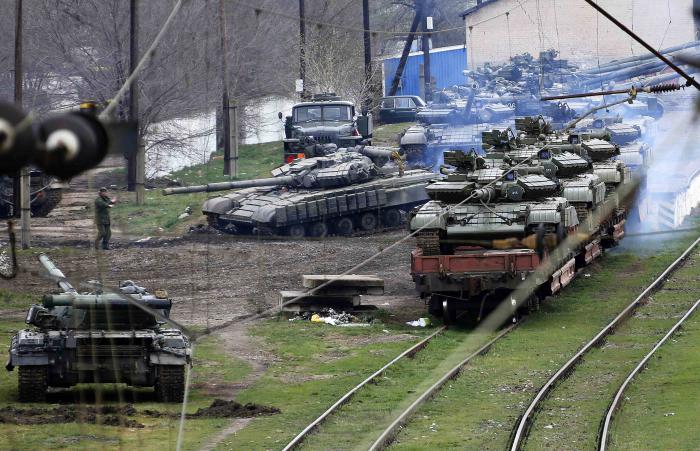Phuket Gazette World News: U.N. General Assembly declares Crimea secession vote invalid

– World news selected by Gazette editors for Phuket’s international community
PHUKET: The U.N. General Assembly on Thursday passed a non-binding resolution declaring invalid Crimea’s Moscow-backed referendum earlier this month on seceding from Ukraine, in a vote that Western nations said highlighted Russia’s isolation.
There were 100 votes in favour, 11 against and 58 abstentions in the 193-nation assembly. A number of countries did not participate in the vote. Western diplomats said the number of yes votes was higher than expected despite what they said was Moscow’s aggressive lobbying efforts against the resolution.
Before the vote, one senior Western diplomat had described a result with 80-90 yes votes as successful for Ukraine. Other Western diplomats agreed, saying the result showed how few active supporters Moscow has around the world.
The General Assembly resolution echoes a text Moscow vetoed earlier this month in the Security Council. The approved declaration dismisses Crimea’s vote as “having no validity, (and) cannot form the basis for any alteration of the status of the Autonomous Republic of Crimea or of the City of Sevastopol.”
The resolution, which does not mention Russia by name, says the General Assembly “calls upon all States, international organizations and specialized agencies not to recognize any alteration of the status” of Crimea and Sevastopol.
Although the resolution is non-binding, Western diplomats said it sends a strong political message about Russia’s lack of broad support on the Crimean issue. They said the fact that Russia lobbied so hard to persuade U.N. member states not to vote for it was proof that Moscow took it seriously.
Ukrainian Foreign Minister Andriy Deshchytsia introduced the draft resolution, which had the overwhelming support of Western nations.
“The purpose of this document is to reinforce core United Nations principles at a moment when they are experiencing a major challenge,” he said.
“This text is also about respect of territorial integrity and non use of force to settle disputes,” he added. “It sends an essential message that the international community will not allow what has happened in Crimea to set a precedent for further challenges to our rules based international framework.”
Russian U.N. Ambassador Vitaly Churkin had urged countries to support what he said was Crimea’s right of self-determination and to respect the Crimeans’ choice to place themselves under the authority of Moscow.
Ukraine’s former Russian-backed president, Viktor Yanukovich, was ousted last month after a deadly crackdown on demonstrations in Kiev that left dozens dead. That prompted Moscow to seize the Black Sea peninsula.
U.S. Ambassador Samantha Power said all countries supported the idea of self-determination but that Russia had used its military to forcibly annex Crimea.
“Coercion cannot be the means by which a self determines,” she said. The chaos that would ensue is not a world that any of us can afford. It is a dangerous world.”
Power added that the resolution showed “that borders are not mere suggestions.”
Only 10 other countries stood with Russia in voting against the resolution. The group of 11 states, which the senior Western diplomat described as the “dirty dozen”, included critics of Western nations like Belarus, Bolivia, Cuba, North Korea, Nicaragua, Sudan and Syria.
China, which since 2011 joined Russia in vetoing three Security Council resolutions that condemned Syria and threatened it with sanctions, abstained, as it did in the Security Council vote on Ukraine earlier this month.
— Phuket Gazette Editors
Latest Thailand News
Follow The Thaiger on Google News:


























